Speakers
Meet the inspiring speakers who will inform you about the latest trends and success stories in Nanomedicine, Advanced Thechnilogies and emerging Medtech at NME21!
More information will be added in the coming days, stay tuned!

Keynote Speakers
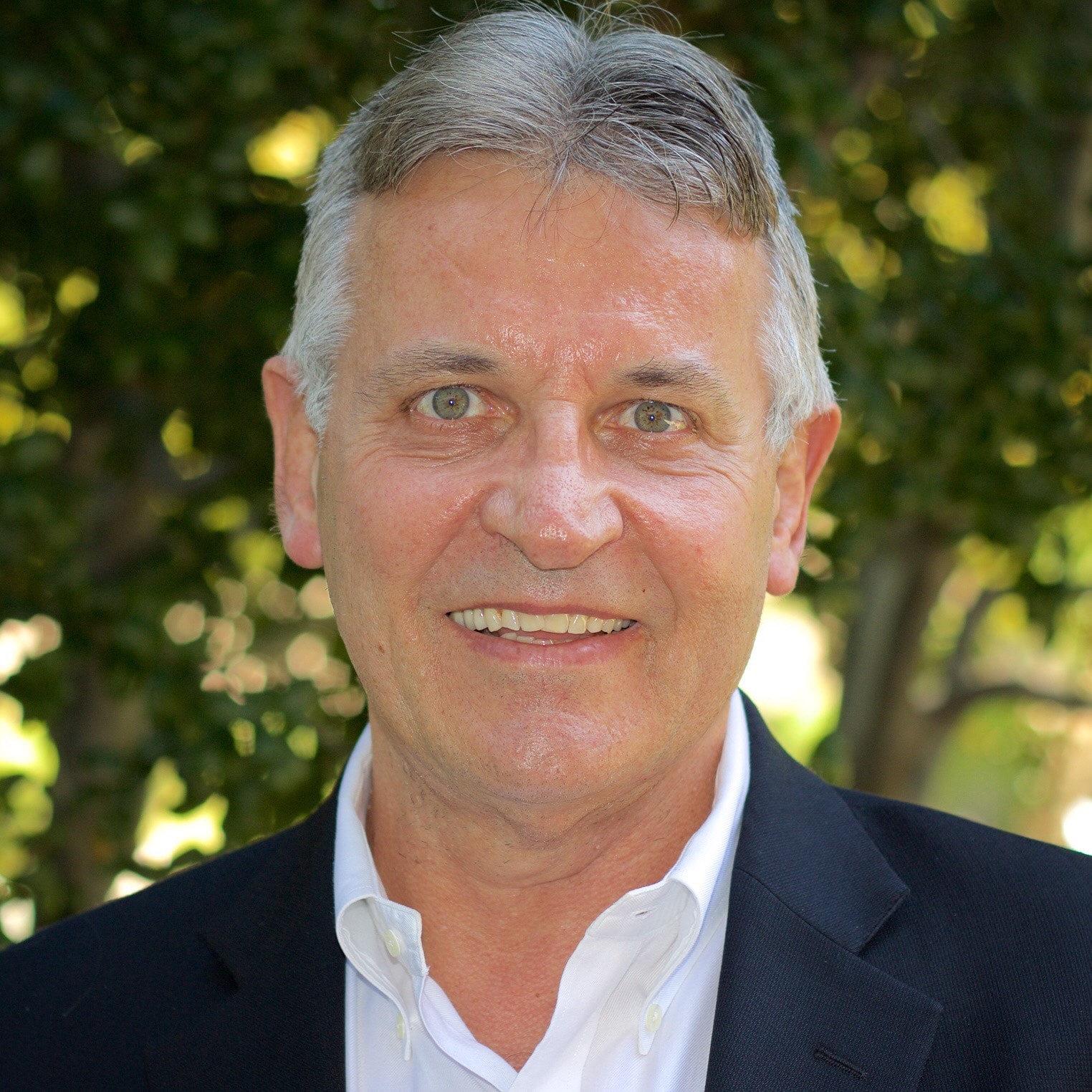
Andre Nel
Distinguished Professor David Geffen School of Medicine at the California NanoSystems Institute (CNSI), UCLA
Andre Nel is a Distinguished Professor of Medicine and is Founder and Chief of the Division of Nanomedicine. In addition, he is the Director of the University of California’s Center for Environmental Implications of Nanotechnology (UC CEIN), a $48 million National Science Foundation (NSF) and Environmental Protection Agency (EPA) funded multidisciplinary and multi-institutional center for nanosafety implementation in the US. He also directs a National Cancer Institute (NCI) funded Center to study development of new nanoparticle drug delivery systems for the treatment of pancreas cancer, and previously directed the National Institutes of Health (NIH) funded Center for Nanobiology and Predictive Toxicology which focuses on human inhalation toxicology. Dr. Nel received the Harry Truman Lectureship award from Sandia National laboratories in 2012. Under his leadership, UC CEIN received the 2013 Governor’s Economic and Environmental Leadership Award (GEELA) in California. In 2014 he served on the President’s Council of Advisors on Science and Technology (PCAST) panel reviewing and providing recommendations for the future of the National Nanotechnology Initiative (NNI). Dr. Nel has represented the NIH and NNI in cooperative research agreements with Japan, Chinese Academy of Sciences, and Russia. He is an Honorary Foreign Professor in the Chinese Academy of Sciences, and have served as a member of a distinguished NSF panel that produced a comprehensive US Government Science Report and vision for US nanotechnology research in 2011-2020. Dr. Nel serves as Associate Editor of ACS Nano, an internationally recognized journal.
Keynote: Tuesday, September, 7, 2021
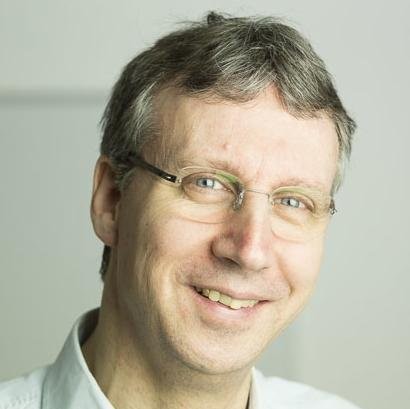
Andreas Kuhn
Senior Vice President RNA Biochemistry & Manufacturing at BioNTech RNA Pharmaceuticals GmbH
Andreas Kuhn has worked in the field of RNA biochemistry and molecular biology for more than twenty-five years. His work on RNA-based immunotherapies began in 2007 in the academic group of Ugur Sahin at the University Clinic Mainz, and Andreas joined BioNTech SE shortly after its founding in 2008. In his current role as Senior Vice President RNA Biochemistry & Manufacturing the main focus is expanding proprietary technologies to increase the efficacy of RNA-based therapies and to optimize GMP-compatible manufacturing processes for RNA. He has co-authored numerous publications and patents ranging from basic research on RNA to its application as a diagnostic and therapeutic agent.
Keynote: Wednesday, September, 8, 2021
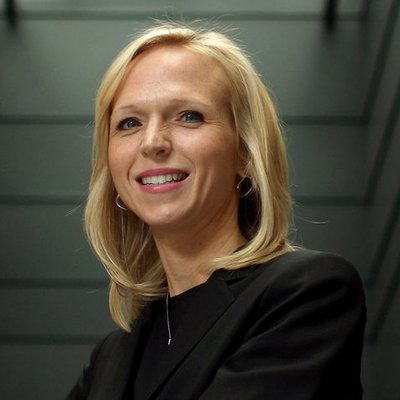
Christine Allen
Associate Vice-President & Vice-Provost, Strategic Initiatives & Professor at University of Toronto
Dr. Christine Allen is the Associate Vice-President and Vice-Provost, Strategic Initiatives (AVPVP SI) at the University of Toronto (UofT). She is a full professor in the Leslie Dan Faculty of Pharmacy and holds a PhD in chemistry. Her research focuses on the design of innovative materials and drug delivery technologies. She is the co-founder and served as President of Nanovista Inc., a company focused on high-precision, image-guided cancer therapy. Professor Allen has received career awards from CIHR/Rx&D, the Canadian Society for Pharmaceutical Sciences (CSPS) and the Association of Faculties of Pharmacy of Canada. She is a fellow of the American Institute for Medical and Biological Engineering, CSPS, the Controlled Release Society (CRS) and the Canadian Academy of Health Sciences. She is the Editor-in-Chief of the Journal of Controlled Release, President of CSPS and an appointed member of the Governing Council of the Natural Sciences and Engineering Research Council of Canada. Christine is a strong advocate of equity, diversity and inclusion (EDI) in research and innovation. She is the chair of the inaugural standing committee on EDI in Research and Innovation at UofT, an unconscious bias facilitator and founder of the UofT Women in STEM: Leading and Reading book club.
Keynote: Thursday, September, 9, 2021
Chairpersons of the NME21 sessions
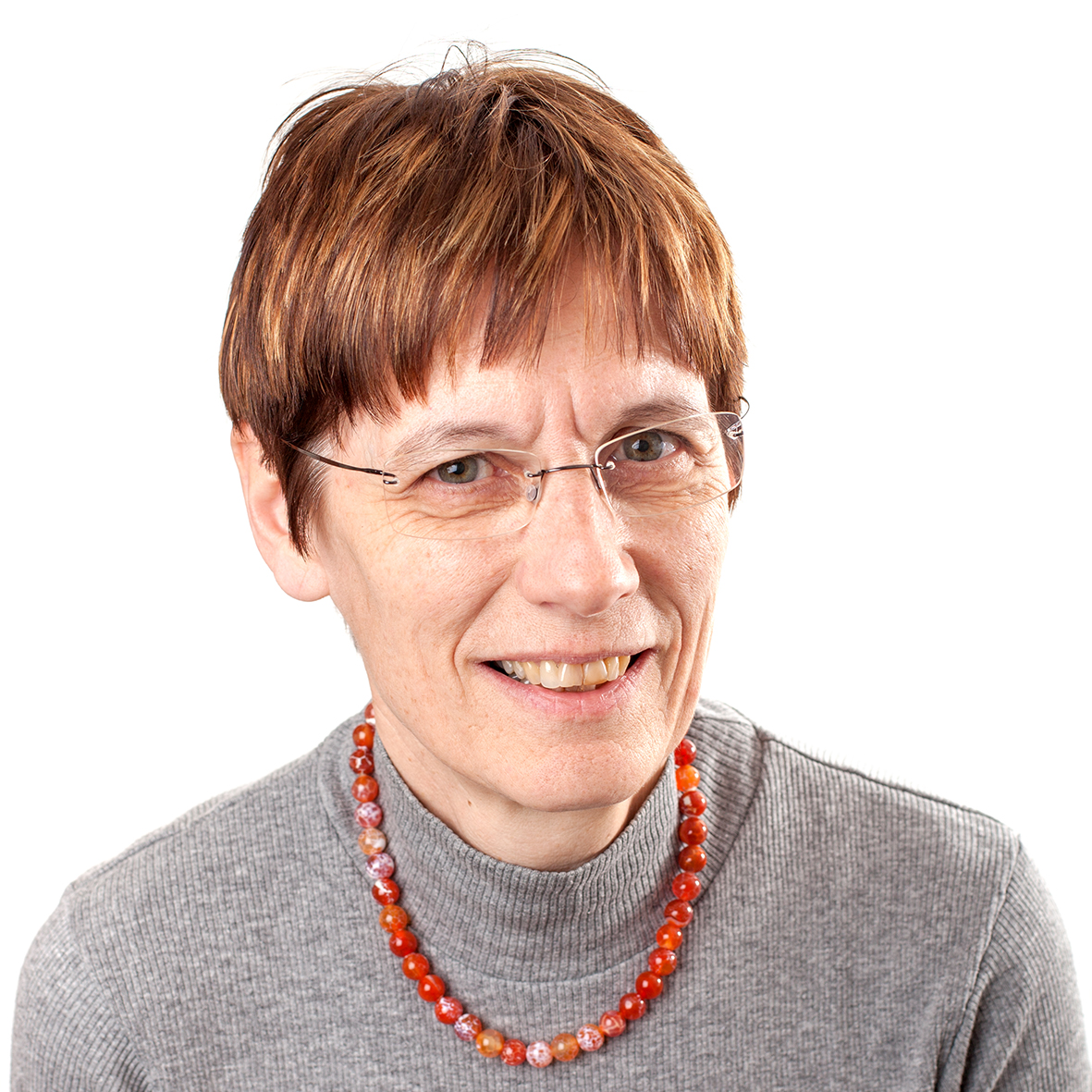
Ruth Schmid is Vice President Marketing at SINTEF in Trondheim, Norway, with a special responsibility for the field of medical technology, including nanomedicine at SINTEF. She has undergraduate education in organic chemistry and a PhD in physical organic chemistry from ETH Zürich, Switzerland.
Ruth Schmid is the current chair of the European Technology Platform on Nanomedicine (ETPN) and a Past President of the Controlled Release Society (CRS).
Her present research activities include the preparation and characterisation of micro- and nanoparticles by various technologies and from a wide variety of materials (including biodegradable polymers and hybrid materials), as well as the surface modification of polymers and polymer particles by wet-chemistry, to introduce tailor-made properties. Lately, focus has been on the encapsulation and immobilisation of liquids and solids from emulsions, for protection and controlled release. Another focus has been on coating of biomaterials by self-assembling methods and covalent attachment with biocompatible, biomimetic and functional coatings, e.g. for introduction of antimicrobial properties, for increased osseo-integration or for immobilisation of biological molecules. Fields of special interest are the emerging fields of nanomedicine, targeted drug delivery and release, nanotechnology-based diagnostics, and regenerative medicine. Ruth Schmid has long-term experience in translation from lab to pilot scale, e.g. through the development of the Dynabeads. She has business development experience, e.g. SINTEFs various drug delivery platforms. Total number of peer reviewed publications: 63; citations 2031; h-index. 20
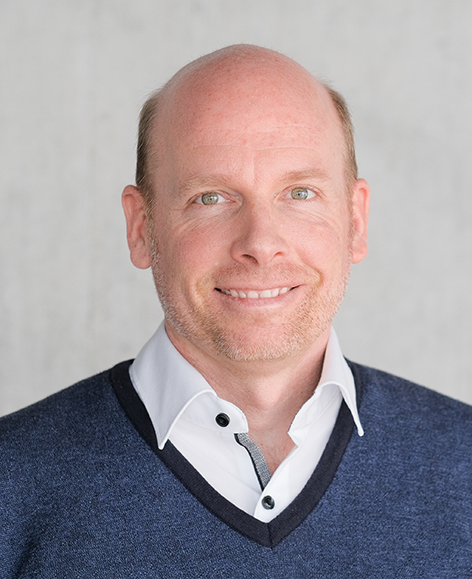
Peter Wick
Head of Particles-Biology Interactions Lab at Empa
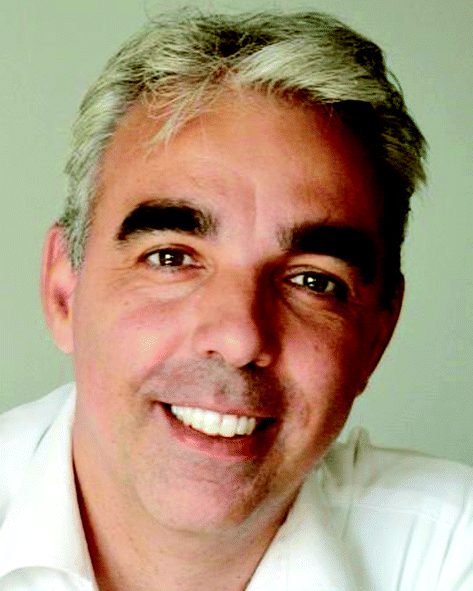
Raymond Schiffelers
Chairman of the European Technology Platform on Nanomedicine (ETPN) & Professor of Nanomedicine at UMC Utrecht
Raymond Schiffelers studied Bio-Pharmaceutical Sciences at Leiden University (1990-1995). After an industrial traineeship at SmithKline Beecham Pharmaceuticals (UK) he did his PhD in medical microbiology at Erasmus University Rotterdam on liposomal targeting of antimicrobial agents (1996-2001). Subsequently he became post-doc at Utrecht University working on liposomes targeting tumor vasculature. In 2002-2003, at Intradigm Co (USA) he expanded his tumor vasculature-targeting work with polymers for delivery of siRNA. After his return to Utrecht University he became assistant and then associate professor. He received an ERC Consolidator Grant in 2010 to investigate extracellular vesicles as biological drug delivery systems. After he moved to University Medical Center Utrecht in 2011 he became professor of nanomedicine working on bio-inspired and synthetic drug delivery systems. He coordinates two H2020 projects on this topic, B-SMART and EXPERT, is editor for the International Journal of Pharmaceutics, Journal of Controlled Release and Journal of Extracellular Vesicles, and is founder of EXCYTEX-an extracellular vesicle-based company. Since 2021 he also works part-time for Nanocell Therapeutics as VP Preclinical R&D and is chair of the ETPN.
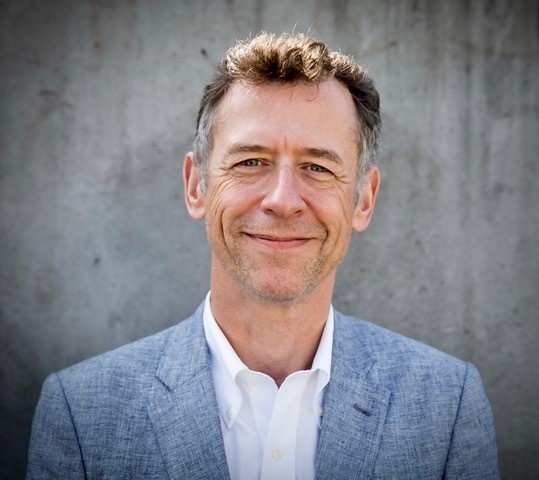
Gerrit Borchard
Professor in Biopharmaceutics at the University of Geneva
Gerrit Borchard is a licensed pharmacist and obtained his Ph.D. in pharmaceutical technology from the University of Frankfurt (Germany). After holding several academic positions at Saarland (Germany) and at Leiden University (The Netherlands), he joined Enzon Pharmaceuticals, Inc. (USA) as Vice President Research. In 2005, he was appointed Full Professor of Biopharmaceutics at the University of Geneva (Switzerland), and in 2015, he was an invited professor at Graz University (Austria).
Prof. Borchard has published more than 150 scientific papers (10649 citations, h-factor 52) and 23 book chapters, he edited two books, and is named as inventor on 10 patents. Since 2014, he is president of the Swiss Academy of Pharmaceutical Sciences (SAPhS). In 2012 he joined the Non Biological Complex Drugs (NBCD) working group hosted at Lygature (Utrecht, The Netherlands), joining its steering committee in 2015. He was nominated Chair of the NBCD working party at the European Directorate for the Quality of Medicines & Health Care (EDQM) by Swissmedic, and joined the External Advisory board of the EU-Nanotechnology Characterization Laboratory (EU-NCL) in 2016. In January 2019 he was appointed to the steering board of contactpointnano.ch, a platform fostering SMEs in the field of nanomedicine in Switzerland.
Being an enthusiastic long-distance runner, he loves to roam the trails and by-roads of the Swiss mountains on foot and bike.
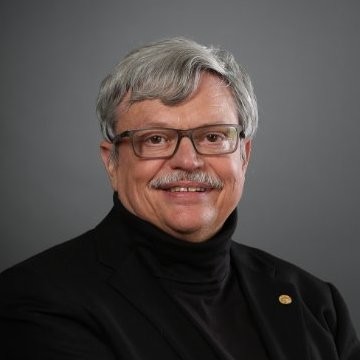
Alex Dommann
Head of Department “Materials meet Life” at Empa
Alex Dommann is heading the Department « Materials meet Life » at Empa since summer 2013. He is also member of the board of directors. Before he was CTO of the CSEM, Centre Suisse d’Electronique et de Microtechnique, Neuchâtel. He received his PhD in Solid State Physics in 1988 from ETHZ in Switzerland.
His research concentrates on the surface analysis, bio surface interactions, structuring, coating and characterization of thin films and MEMS structures. He is member of different national and international committees and teaches Biomaterials, Crystallography and MEMS technology at different Swiss universities and has published more than 130 papers in the fields of thin films, coatings, MEMS, reliability and material characterization. He is also member of the Swiss Academy of Engineering Science (SATW) and Adjunct Professor at the University of Berne.
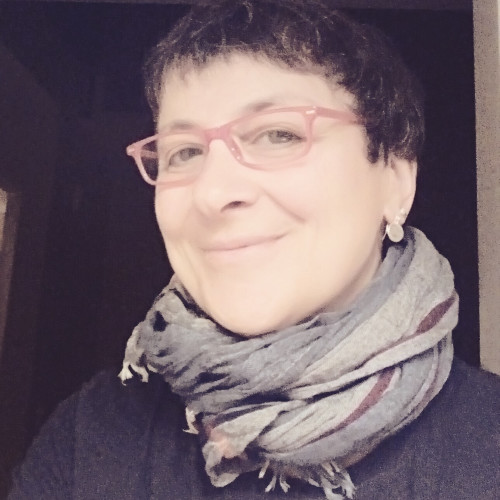
Alessia Pica
Senior Physician OPTIS, Paul Scherrer Institut PSI
Dr. Alessia Pica is a senior radiation oncologist at the Paul Scherrer Institut, Proton Therapy Center, responsible for ocular oncology and she has a particular expertise in stereotactic radiosurgery. She is expert consultant for radiation therapy in the ocular oncology unit at Jules Gonin Hospital, Lausanne in particular for proton therapy irradiation of uveal melanoma and retinoblastoma. She investigated applications of modern radiation therapy techniques for ocular tumors. She is co-investigator in the grant KFS2937-02-2012 “Towards robust and highly accurate Computer Assisted treatment Planning for Intra-Ocular Tumors: Advanced Image processing in a Multimodal Framework”. She is co- investigator and she has participated in the SNF grant 320030-140958
related to “Establishing Novel MR-criteria for the Assessment of malignant Glioma Progression”. She has made substantial contribution in the field of automatic segmentation of brain tumors.
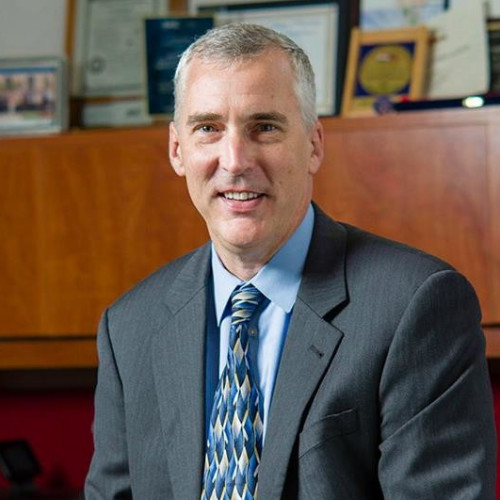
Scott McNeil
Professor of Nanopharmaceutical and Regulatory Science at University of Basel
Originally from Oregon (USA), Scott is the former Director of the Nanotechnology Characterization Laboratory in Maryland, a joint facility of the National Cancer Institute and FDA. He is now Full Professor of Nanopharmaceutical and Regulatory Science at the University of Basel, Switzerland. His research focuses on the development and characterization of new nanopharmaceutical drugs and other non-biological complex drug products.
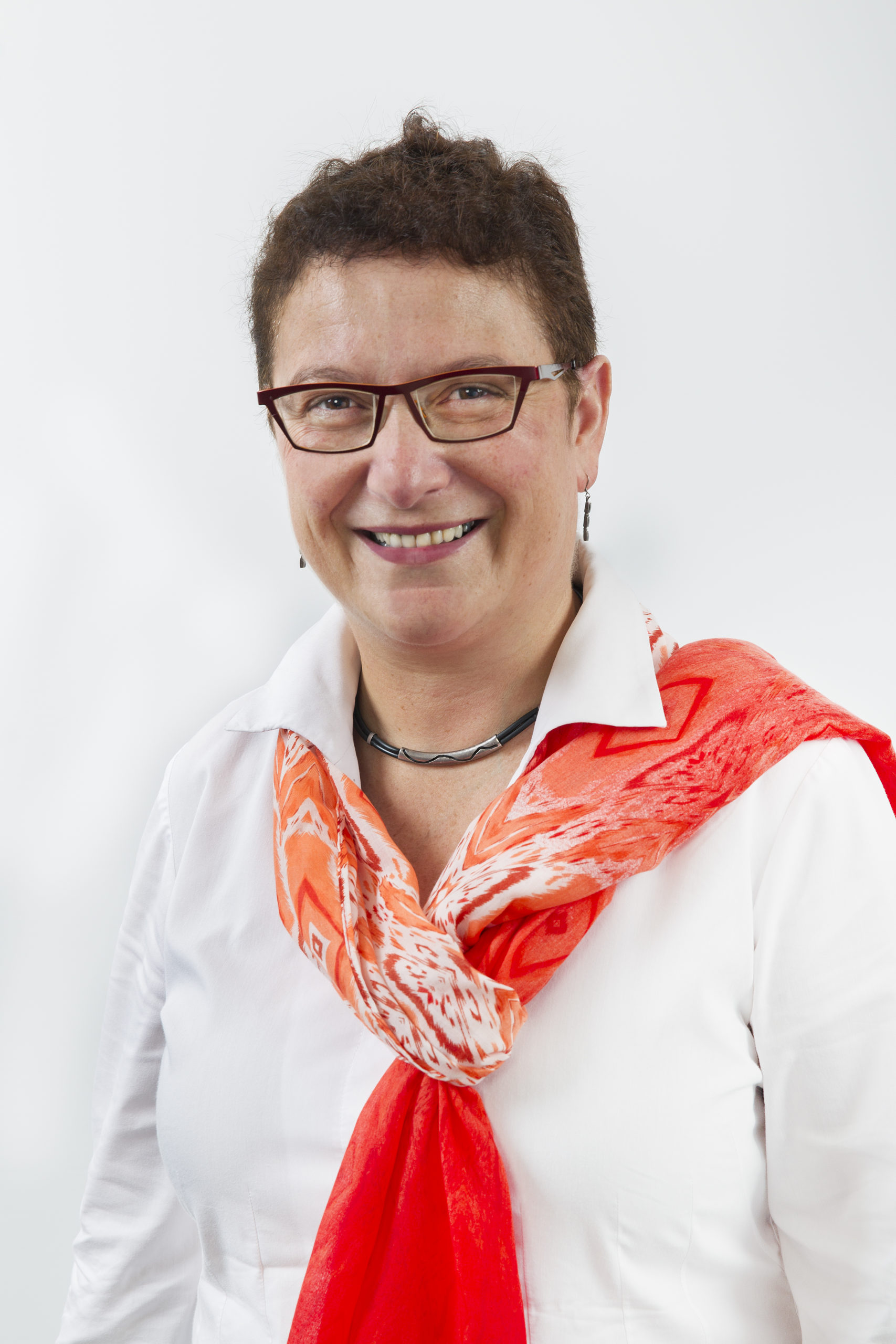
Maria Kavallaris
Head, Research Engagement at Children’s Cancer Institute – UNSW Sydney
Professor Maria Kavallaris AM PhD FAHMS FRSN is Founding Director of the Australian Centre for NanoMedicine at the University of New South Wales, Theme Head of Translational Cancer NanoMedicine, Group Leader of Tumour Biology and Targeting Group and Executive Head, Research Engagement and NHMRC Principal Research Fellow at the Children’s Cancer Institute, Sydney, Australia. Maria completed her PhD at the University of New South Wales and then undertook an IARC Research Fellow at the Albert Einstein College of Medicine in New York before returning to the Australia to establish an independent research lab. Maria is recognised for her innovation in driving interdisciplinary research in cancer nanomedicine. An outstanding scientific leader, she is internationally recognised for her research in cancer biology and therapeutics. Her research has identified clinically important mechanisms of resistance to cancer therapies, with her discoveries leading to patents, industry and clinical linkages for the development of cancer therapeutics and devices. Maria is Chair of the Australian Institute for Policy and Science, and a Life Member and past-President of the Australian Society for Medical Research. The impact of her research has been recognised many times, including via receipt of the Australian Museum Eureka Prize, an Australian Museum Eureka Award, as well as being named by the NHMRC as an Australian ‘high achiever’ in health and medical research.
Recognition of her significant contributions to innovation is reflected in her being named in 2015 amongst the AFR/Westpac 100 Women of Influence (Innovation category), as well as the inaugural Knowledge Nation 100 – the ‘rock stars’ of Australia’s innovation-driven new economy, and the winner of the 2017 Premiers Science and Engineering Award for Leadership in Innovation in NSW. The Australian Society for Biochemistry and Molecular Biology awarded Maria the 2019 Lemberg Medal that recognises distinguished biochemists or molecular biologists and made significant contributions to the scientific community. She is a Fellow of the Australian Academy of Health and Medical Sciences and a Fellow of the Royal Society of New South Wales. In 2019, Maria was appointed a Member (AM) of the Order of Australia for her significant service to medicine, and to medical research, in the field of childhood and adult cancers. In 2020, she was named the NSW Woman of the Year.
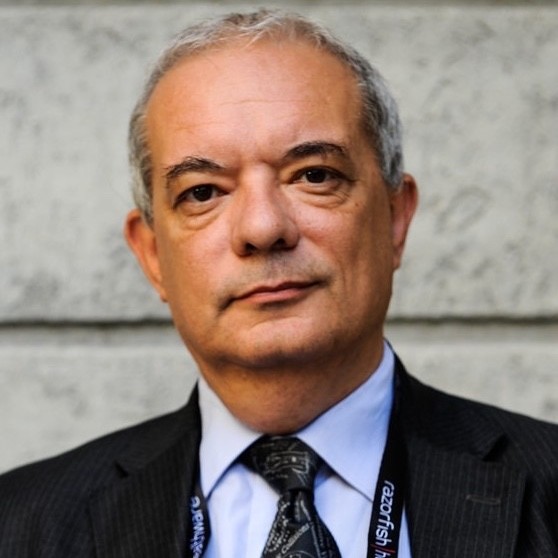
Furio Gramatica
Director, Development and Innovation at Fondazione Don Carlo Gnocchi ONLUS, Coordinator of the HealthTech4EU Alliance.
Furio Gramatica is Director of Development & Innovation and head of relationships with Europe for the Don Gnocchi Foundation, a group of 29 healthcare and research centres in Italy, where he formerly managed technological research and founded the Laboratory of Nanomedicine and Clinical Biophotonics (LABION). Previously, he spent several years at CERN, in Geneva and in high-tech companies, with research, development and innovation management roles. He has twenty years of experience as an expert for the European Commission in the field of health technologies, in models of cooperation between the parties involved in the ecosystem of health technologies and in value-based healthcare. Currently, he coordinates the HealthTech4EU Alliance, an initiative where seven European Technology Organisation work together, constituting a unique European Technology platform in healthcare, to shape EU-funded programmes with healthcare industries and the EU Commission.
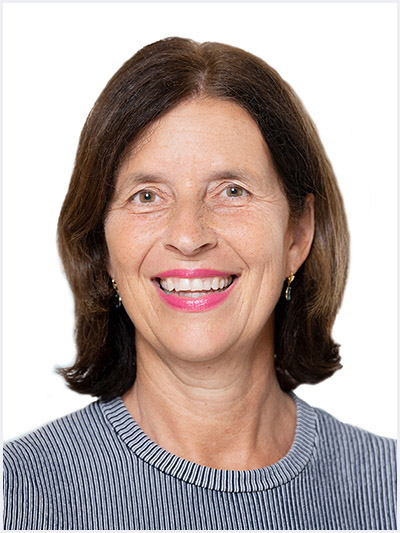
Beatrice Beck Schimmer
Professor, Institute of Anesthesiology, University Hospital Zurich, University of Zurich
Vice-President Medicine, University of Zurich
Beatrice Beck Schimmer is full professor of anesthesiology at the University of Zürich (UZH). She studied medicine at the University of Bern. From 2005 to 2018, in parallel to her research and teaching activities, she was Chief of Service at the Institute of Anesthesiology at the University Hospital Zurich.
Her research focuses on volatile anesthetics-induced organ protection as well as on nanomedicine, covering basic research, translational as well as clinical studies. With the help of magnetic nanoparticles proteins, metals, but also cells are extracted from blood as a complex biological fluid. This is a promising technology to be translated into clinical scenarios.
Since mid 2018 she is Vice President Medicine at the UZH and in charge of the leadership and management of the Faculty of Medicine. She is responsible for the strategic development of academic medicine at UZH in cooperation with the ETH Zurich and the four University hospitals in Zurich.
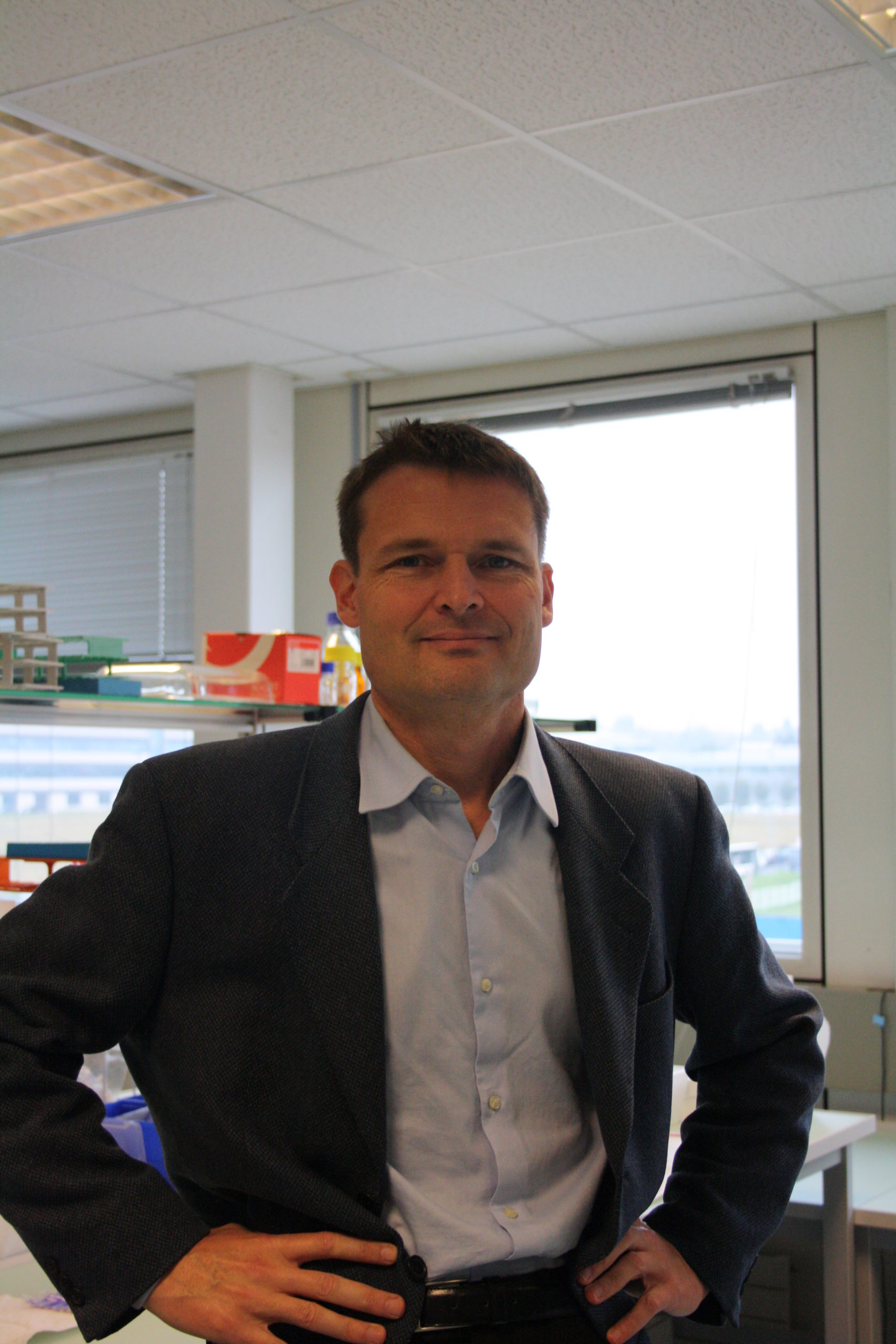
Francois Curtin
Medical Director of PHRT programmes of the ETH Domain
Dr Francois Curtin, MD, is the Medical Director of Personalized Health and Related Technologies programmes of the ETH Domain, since 2020. Francois has 25 years experience in clinical research and drug development in the Swiss biotech industry and in academia. He is also a Privat Docent at the Faculty of Medicine of the University of Geneva.
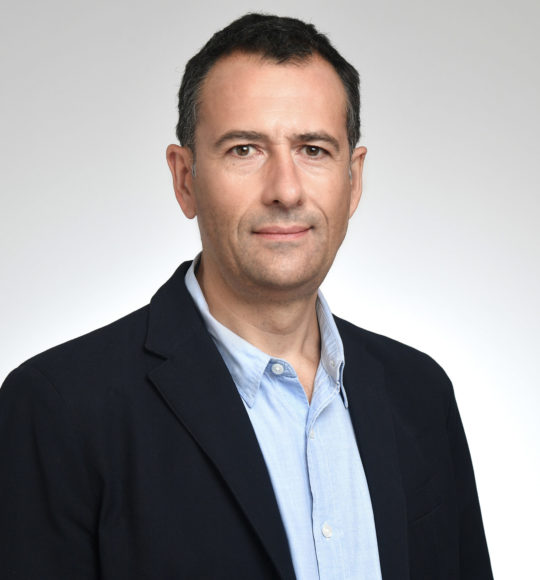
Maurice Delplanque
COO of Cardiawave
Maurice DELPLANQUE, COO of Cardiawave, was previously VP R&D at EOS imaging, after having worked 10 years on new products introductions of the Cardiac and Vascular interventional X Ray systems at GE Healthcare.
Maurice DELPLANQUE defended his PhD thesis in Artificial Intelligence and Robotics in 1998 at University of Lille, France. From 1997 to 2007, Maurice hold several positions from software development to team management at GE Healthcare on the Cardiac and Vascular product lines and became Six-Sigma black belt. In 2007, he joined EOS imaging, a french start-up company where he led the R&D activities linked to the EOS and EOSedge breakthrough ultra low dose biplanar Xray imaging systems (Xray physics, photon counting, gaseous and CdTe detectors, software, system, electronics, mechanics), sterEOS 3D reconstruction based on deep learning techniques (CNN, Statistical shape models..), web based orthopaedic planning solutions including biomechanical simulations and patient specific printed cutting guides. He had the functional responsibilities of a team of 50+ engineers, researchers and program managers in Paris, Besançon (France) and Montreal (Canada). In 2020, Maurice joined Cardiawave as a Chief Operating Officer to take the lead of the R&D, Clinical, Manufacturing and Service organizations.
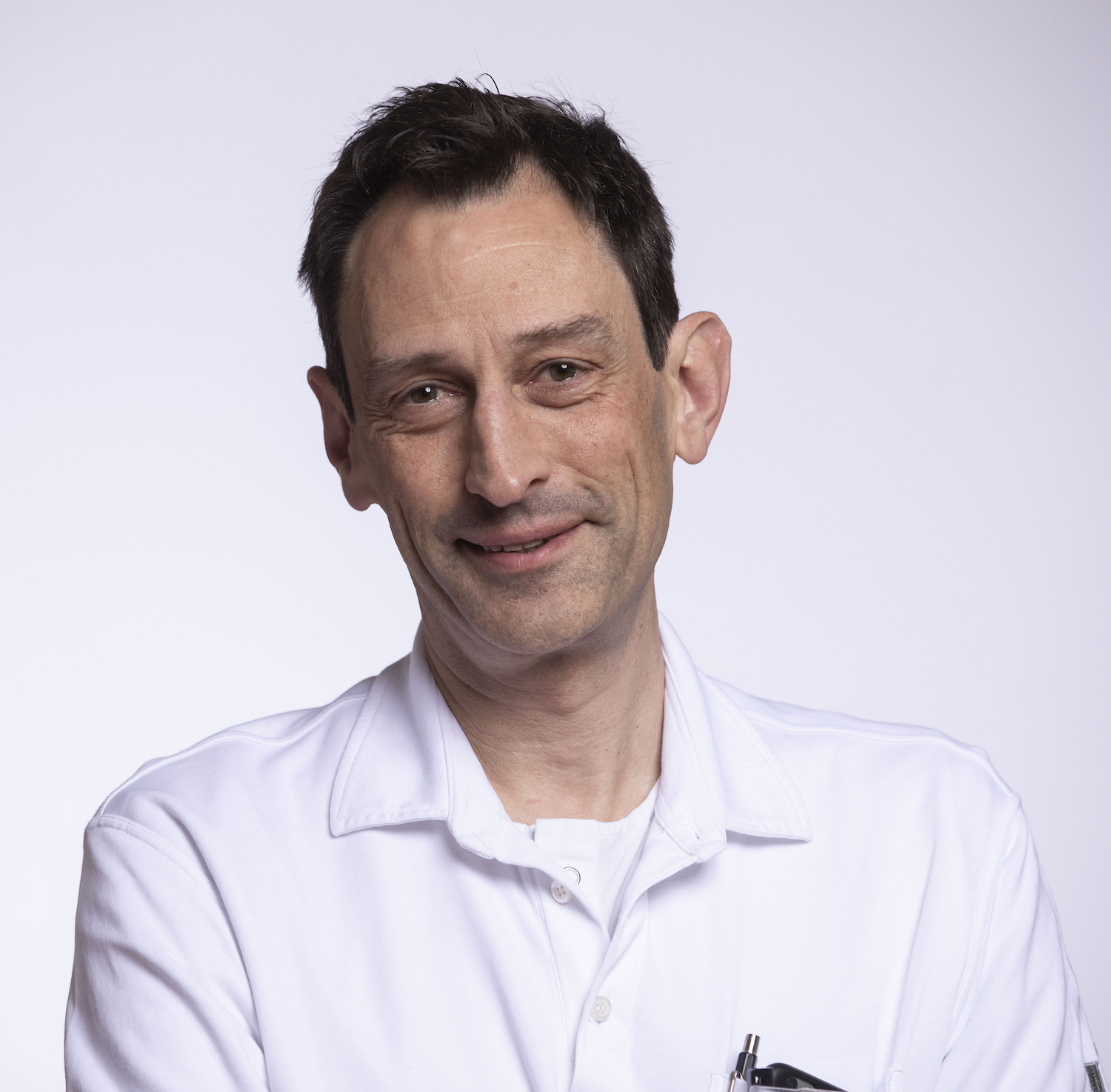
Miodrag Filipovic
Deputy Head Physician / Head of Intensive Care Medicine at Kantonsspital St. Gallen
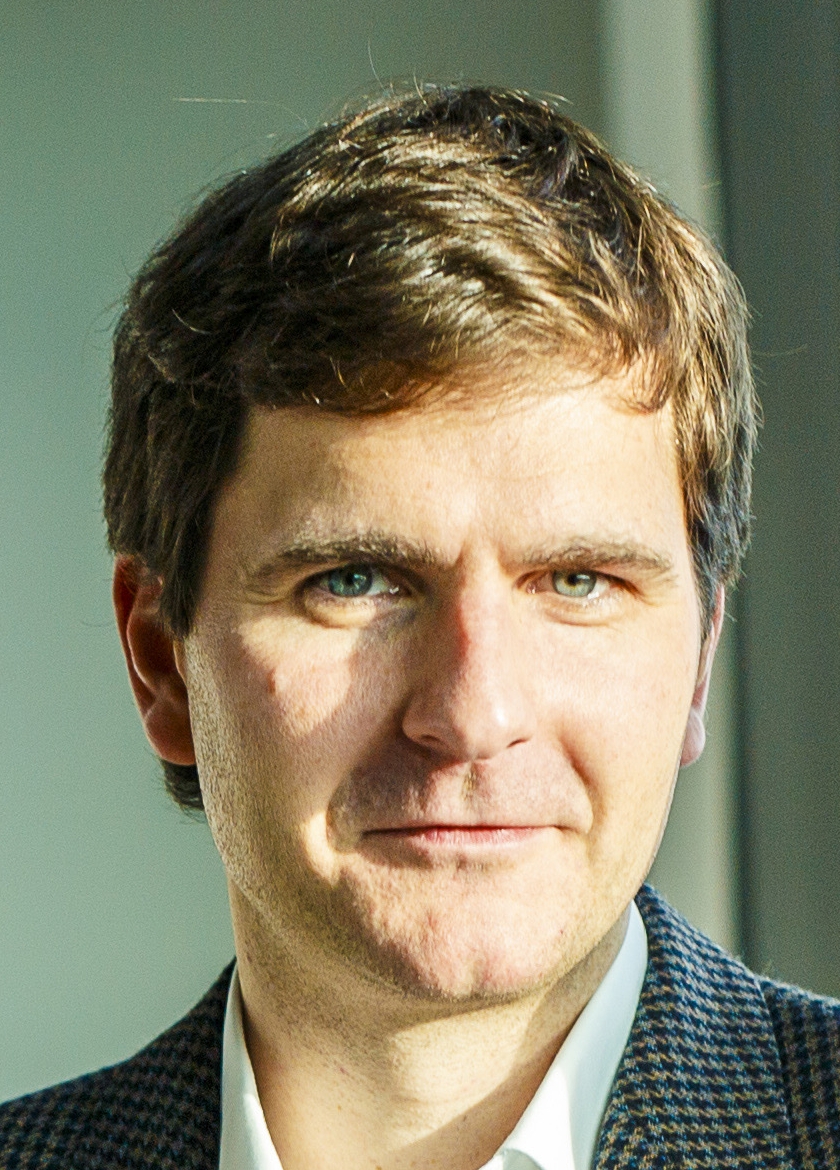
Alexander Geissler
Professor at University of St. Gallen – School of Medicine
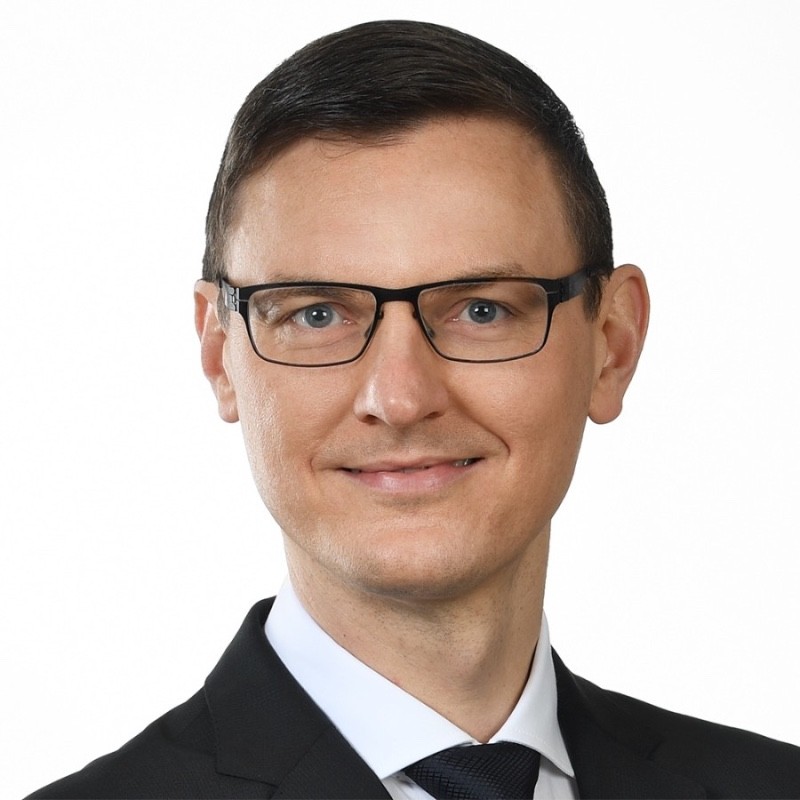
Tobias Kowatsch
Scientific Director at the Centre for Digital Health Interventions, ETH Zurich, Singapore-ETH Centre & University of St.Gallen
Dr. Tobias Kowatsch is Assistant Professor for Digital Health at the University of St.Gallen, Adjunct Assistant Professor at the Saw Swee Hock School of Public Health, National University of Singapore, and the Scientific Director of the Center for Digital Health Interventions (www.c4dhi.org), a joint initiative of the Department of Management, Technology and Economics at ETH Zurich and the Institute of Technology Management at the University of St.Gallen. In close collaboration with his interdisciplinary team and research partners, Tobias designs digital health interventions (“digital pills”) at the intersection of information systems research, computer science and behavioral medicine. He helped initiate and participates in the on-going development of MobileCoach (www.mobile-coach.eu), an open source platform for ecological momentary assessments, health monitoring and digital health interventions. He is also co-founder of the ETH Zurich and University of St.Gallen spin-off company Pathmate Technologies that creates and delivers digital clinical pathways.
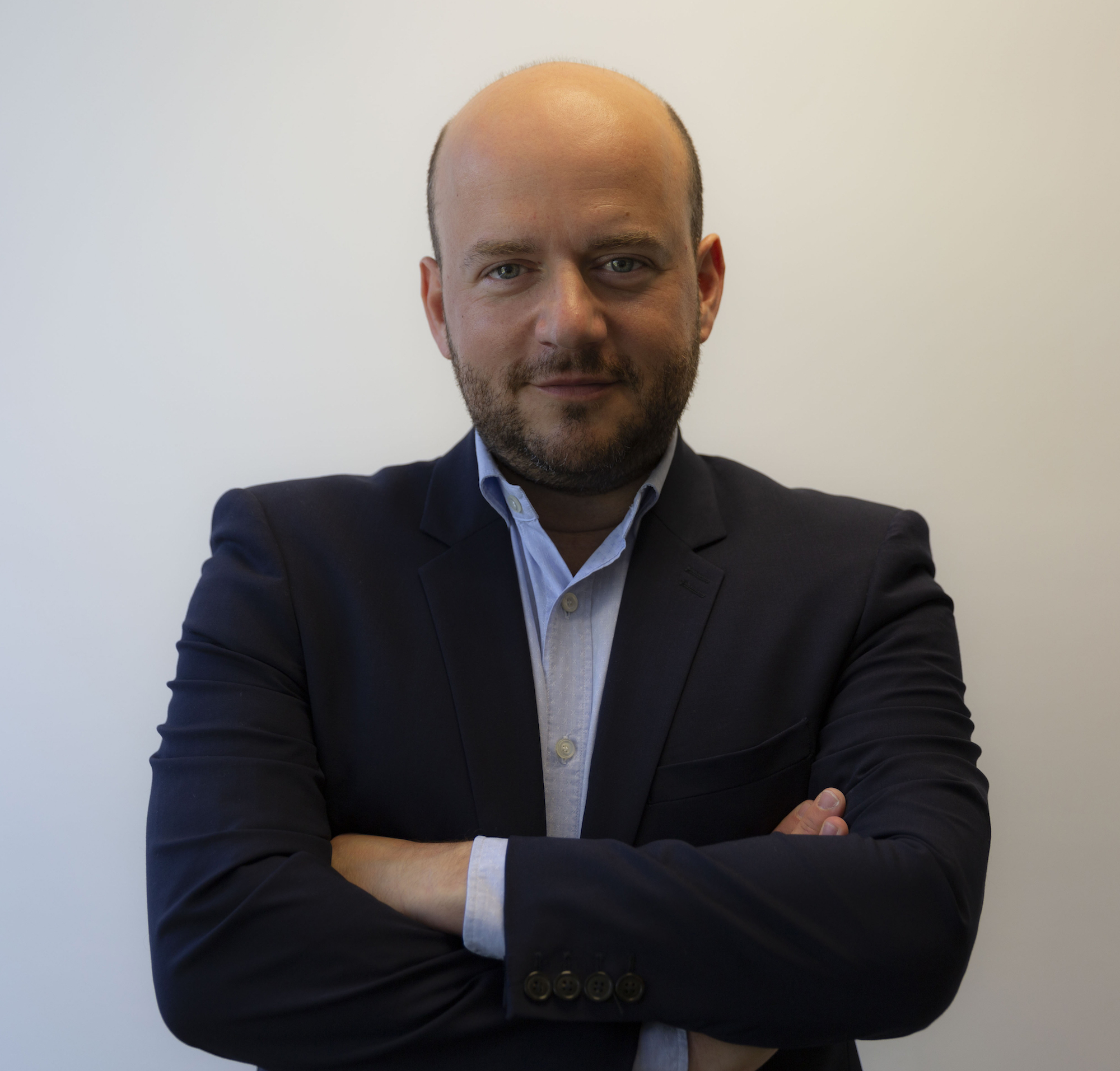
Alexandre Ceccaldi
General Secretary at the European Technology Platform on Nanomedicine (ETPN)
Alexandre Ceccaldi, PhD, is the General Secretary of the European Technology Platform on Nanomedicine (ETPN), the think tank of medical applications of nanotechnologies in Europe, and coordinator of the H2020 NOBEL Project, which acts for the convergence of all emerging medical technologies from nanotechnologies to digital health.
Alexandre Ceccaldi holds a PhD in biology from the University Pierre and Marie Curie in Paris, and an engineering degree from Agro ParisTech, with experience in anticancer strategies, industrial management and innovative design. Previously, he has managed INGESTEM, the first French national public consortium entirely dedicated to R&D on induced pluripotent stem cells and their medical applications. Since 2015, he manages the secretariat of the ETPN in Paris, and provides strategic and operational support to a community of more than 150 member organizations of the European nanomedicine ecosystem, in coordination with the Board of Directors of the platform. More recently, he’s been involved in the design and establishment of the HealthTech4EU Alliance, a long lasting platform born from the NOBEL Project, which will unite for the first time seven European Technology Organizations with applications in healthcare.
Invited Speakers
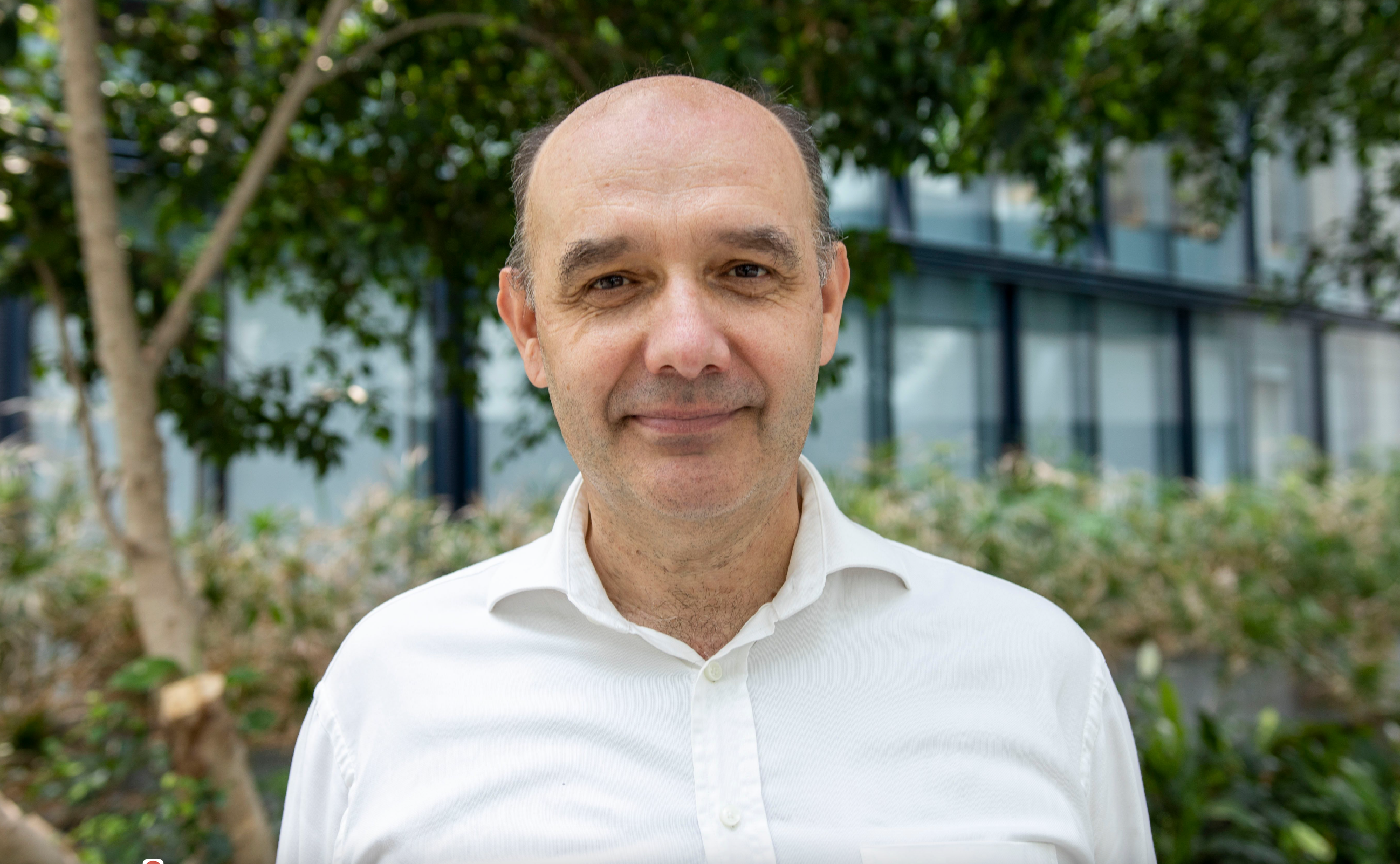
Iordanis Arzimanoglou
Project Manager at the European Innovation Council (EIC), Healthh & Biotechnology
Iordanis Arzimanoglou has 30 years of postdoctoral international career in the crossroads of genetics and innovation having held research and senior management positions at both operational and strategic levels. He was the CEO of the Thessaloniki Innovation Zone managing company, and prior to that, CEO of the Aarhus Biotech Cluster managing organization, Denmark. In both his CEO appointments, he managed complex portfolio and shareholder interests and expectations in a cross-functional matrix setting and supervised the drafting of the strategy plans. He has advised dozens of innovative genetic diagnostic, drug discovery and therapeutic SMEs in 11 different European countries and has helped EC/REA and EIT. As an academic, he was Adjunct Associate Professor with the University of Aarhus, Department of Biomedicine. Earlier in his career, he was Assistant Professor of Molecular Genetics at Weill Medical College of Cornell University, New York and prior to that, he was Chief of Cancer Genetics Research Program at Lennox Hill Hospital, New York. Before joining Lenox Hill, he was a research scientist in the Division of Medical Genetics at Weill Medical College of Cornell University, New York. Iordanis holds a PhD from the University of Athens, Greece in Molecular Genetics and Biochemistry, a Boston University Graduate Certificate in international business management and performed his postdoctoral work in the Department of Medicine at Weill Medical College of Cornell University, New York.
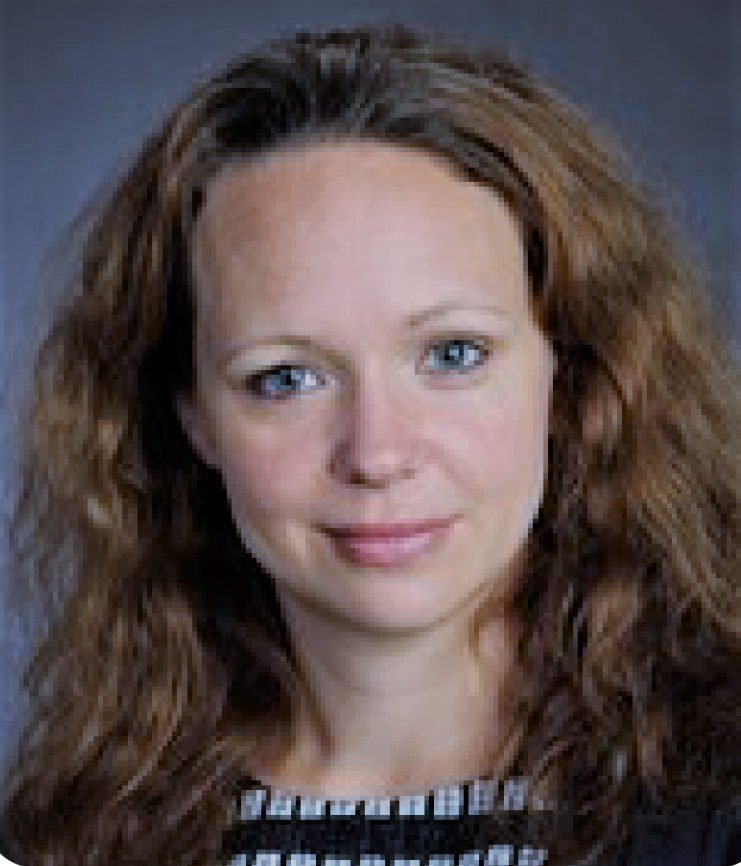
Ozlem Cangar
Project Officer at European Health and Digital Executive Agency (HaDEA) of the European Commission
Ozlem has graduated from her Masters in Bioengineering, Department of Biosystems from the University of Leuven in 2004. After her Masters, she continued to her PHD in the same Department. Her Masters and PhD thesis both dealt with predictive modelling and process control of bioresponses. During her PhD., she followed a second Masters in European Studies. After finalizing her PhD, in 2011, she worked for a consultancy company in managing EU R&D projects. Following that she worked for IMEC, a Research Institute in Nanoelectronics in Leuven, for about almost 8 years as a Project Manager. Her specialisation was in smart nano-electronic components/systems and ICT. Subsequently she worked almost 2 years for European Commission’s Directorate General Research and Innovation as a Policy/Project Officer in nanotechnology. Currently she’s working as a Project Manager in the Health and Digital Executive Agency (HaDEA) of the European Commission.
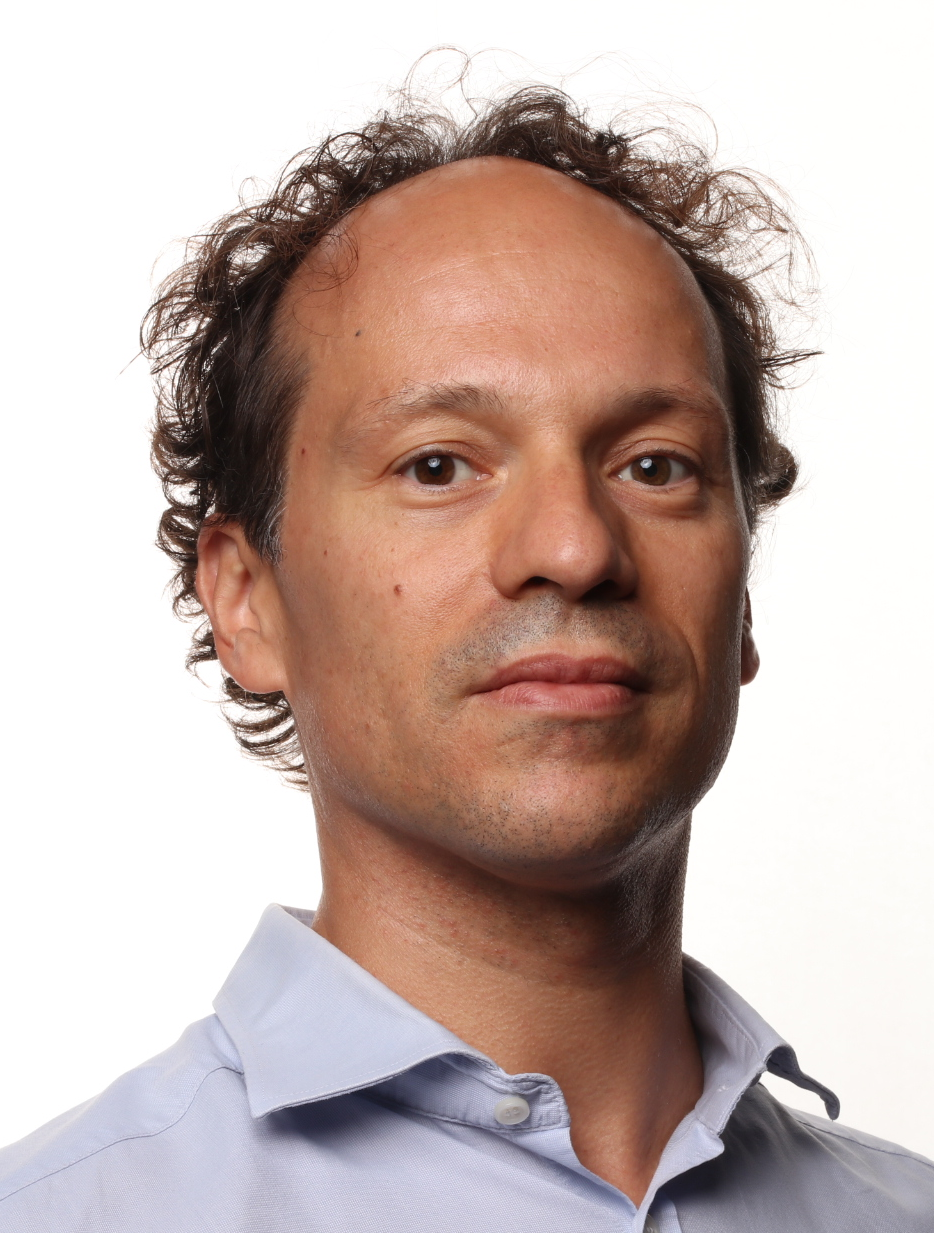
Daniele Catalucci
Group Leader at the National Research Council, Institute of Genetic & Biomedical Research Principal Investigator at Humanitas
Dr. Daniele Catalucci graduated from the University of Rome − Roma Tre, in 1999 and received his PhD in molecular and cellular biology from the University of Rome − Tor Vergata, in 2003. Supported by a Marie Curie Outgoing International Fellowship, he performed his postdoctoral studies at the Department of Medicine, University of California San Diego, USA. Since 2007, Dr. Catalucci has been a scientist at the Italian National Council of Research (CNR), where he has built up his own research group. In 2009, he became a tenured scientist at the CNR and Research Director in 2020. In 2012, his laboratory moved to the Istituto Clinico Humanitas.
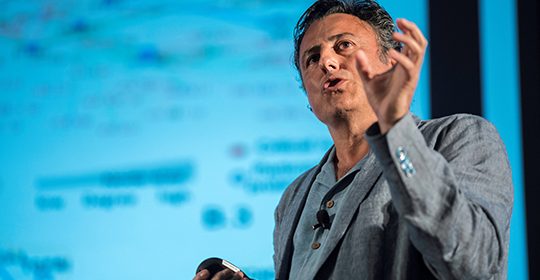
Enrico Capobianco
Lead Scientist, Center for Computational Sciences, University of Miami
Enrico Capobianco holds a Doctorate in Statistical Sciences from the University of Padua. After conducting graduate studies at LSE (The London School of Economics and Political Science, UK), Northwestern University, and UC Berkeley, he pursued research in computational fields at Stanford University (US) (1994-1998). He received a NATO-CNR grant in Denmark (Niels Bohr Institute and Danish Technical University) and later (2001-2002) became an ERCIM fellow at CWI (Center for Mathematics and Computer Science/Centrum Wiskunde & Informatica) in Amsterdam (NL). He returned to US in 2003 working for as a Staff Scientist at the Mathematical Sciences Research Institute in Berkeley, and then as a Senior Scientist at Boston University, Biomedical Engineering (2004-2005). In 2005, he was appointed Head of Methods at Serono (Evry, FR), and then in 2006, he joined the Center for Advanced Studies, Research and Development (aka CRS4) in Sardinia at the Polaris Science and Tech Park leading a quantitative systems biology group. Dr. Capobianco’s core expertise is in statistical methods for bioinformatics, bio-network inference and analysis, machine learning and signal/image processing applied to biomedical studies. His background includes participation in academic and scientific activities at:

Arindam Dey
Post-doctoral researcher at INSERM- Institute for Advanced Biosciences
Arindam K Dey obtained his PhD in Immunology from Université Grenoble Alpes (2020). He worked in an European Union’s Horizon 2020 research and innovation program called NEWDEAL. His research is mainly focused on immunotoxicology dealing with the interaction of immune cells with novel nanoformulations. He has received Erasmus Mundus BioHealth scholarship to study in Italy and France. He also received IDEX Mobility Scholarship to conduct his research in Spain.

Nazende Günday-Türeli
Head of R&D Pharma at MyBiotech GmbH
Nazende Günday Türeli is an acknowledged scientific manager with > 15 years of international R&D experience in pharmaceutical companies. After her undergraduate studies in chemistry at Bogazici University, Istanbul, she focused on pharmaceutical sciences. She has a PhD degree in Biopharmacy and Pharmaceutical Nanotechnology from University of Saarland. Her research has been rewarded and recognised through several international and national organizations, as well as peer reviewed journals. She has extensive GMP operations knowledge, as well as solid know-how on innovative nano drug delivery systems. Her current activities focus on translation of such systems from lab to GMP compliant environment.
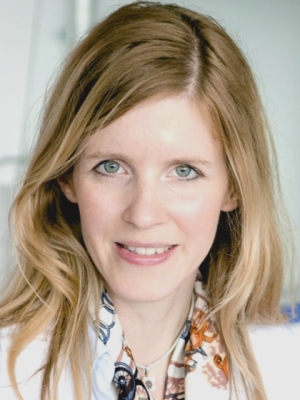
Inge K Herrmann
Ass. Prof. at ETH Zurich and Empa – Nanoparticle Systems Engineering & Translational Nanomedicine
Inge Herrmann is a chemical engineer with additional training in (pre)clinical research. After graduating with a PhD from ETH Zurich, she underwent further training at the University Hospital Zurich (USZ), the University of Illinois (US) and the Imperial College London (UK). Since 2015, she is heading a research group at Empa specialized on nanoscale materials and devices for healthcare. In 2019, Inge Herrmann joined the Department of Mechanical and Process Engineering at ETH Zurich where she is heading the Nanoparticle Systems Engineering Lab. She is an expert in nanoparticle synthesis and characterization, spectromicroscopy and translational nanomedicine. She has spearheaded several translational nanomedicine projects, and serves as a scientific advisor of the spin-off companies hemotune, anavo and veltist commercializing technologies emerging from her lab. Inge Herrmann has won various prestigious awards, including the Bayer Healthcare Award and the Johnson & Johnson Award, the Swiss National Science Foundation Eccellenza Grant, the Empa Innovation Award and has been named Emerging Investigator 2021 by the Royal Society of Chemistry. Students under her supervision have won major awards, including ETH’s best doctoral thesis in the area of materials and processes (MaP), the Presidential Award from the Estonian National Academy of Sciences, the Best Master Thesis awarded by the Swiss Nanoscience Institute, and ETH Pioneer Fellowships. She is principle investigator (PI) of several national and international projects supported by the Swiss National Science Foundation, the Personalized Health and Related Technologies Initiative (PHRT), the Novartis FreeNovation program and several medical foundations.
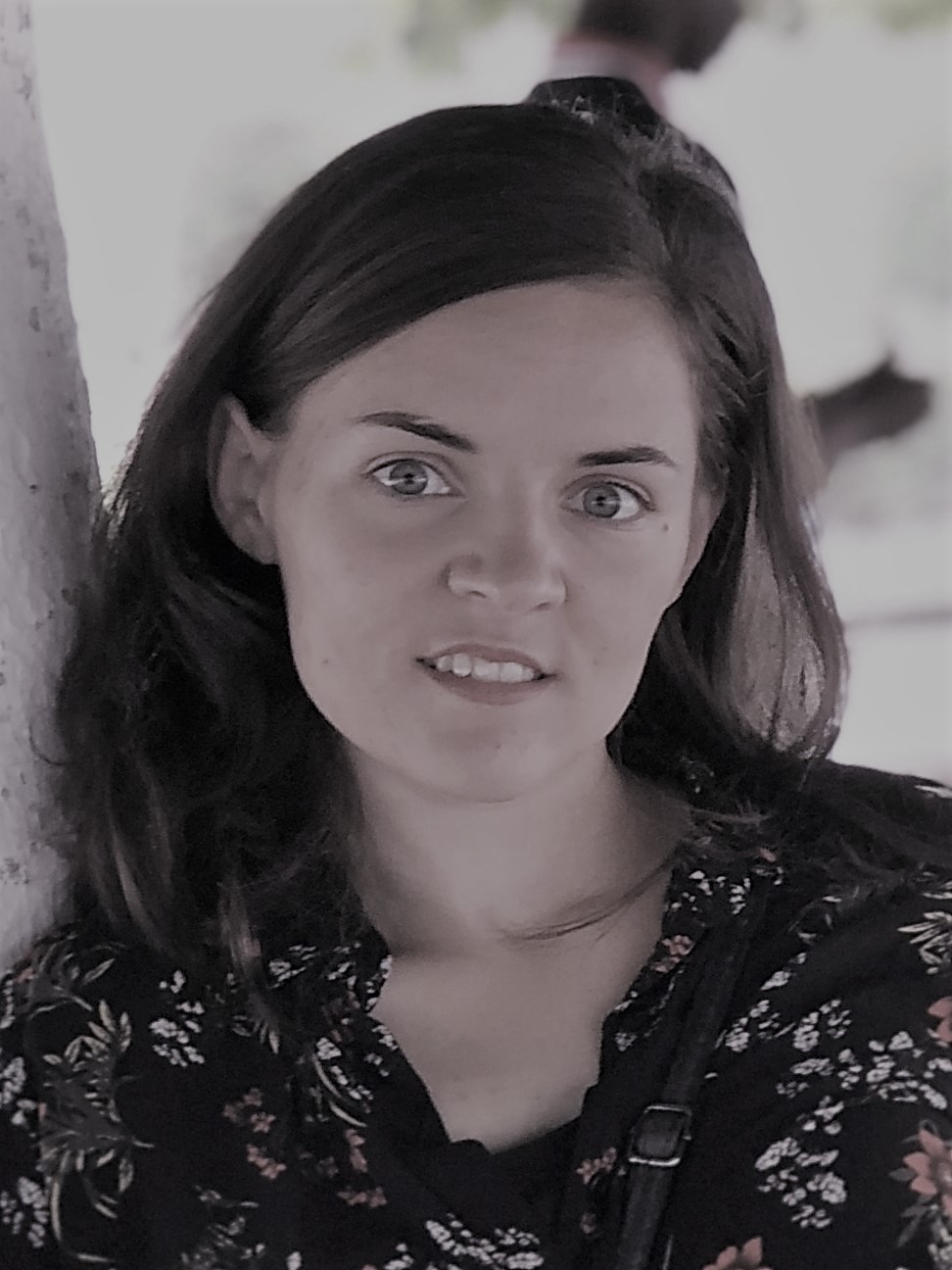
Sara Jud
Project Adviser at the EISMEA (European Innovation Council and SMEs Executive Agency)
Sara Jud is a project adviser at the EISMEA Transition Activities and Business Acceleration Services Unit. The unit assists EIC supported researchers and innovators in bringing their innovations and technologies to the market through a range of business acceleration activities, such as coaching and access to global business partners and ecosystem peers. Sara is working on the EIC Women Leadership Programme and the EIC collaboration with other business acceleration service providers. Previously she has been also actively engaged in EIC prizes. She has graduated from International Relations.

Ana Maiques
Co-Founder & Chief Executive Officer at Neuroelectrics
Ana Maiques is the CEO of Neuroelectrics. She was nominated by IESE as one of the most influential entrepreneurs under 40 in Spain in 2010. She received the EU Prize for Women Innovators from the European Commission EC in 2014. In 2015 & 2016, she was named one of the most inspiring women on the Inspiring Fifty list in Europe. Ana continues breaking the barriers of science and technology in an impactful way with Business Ethics.
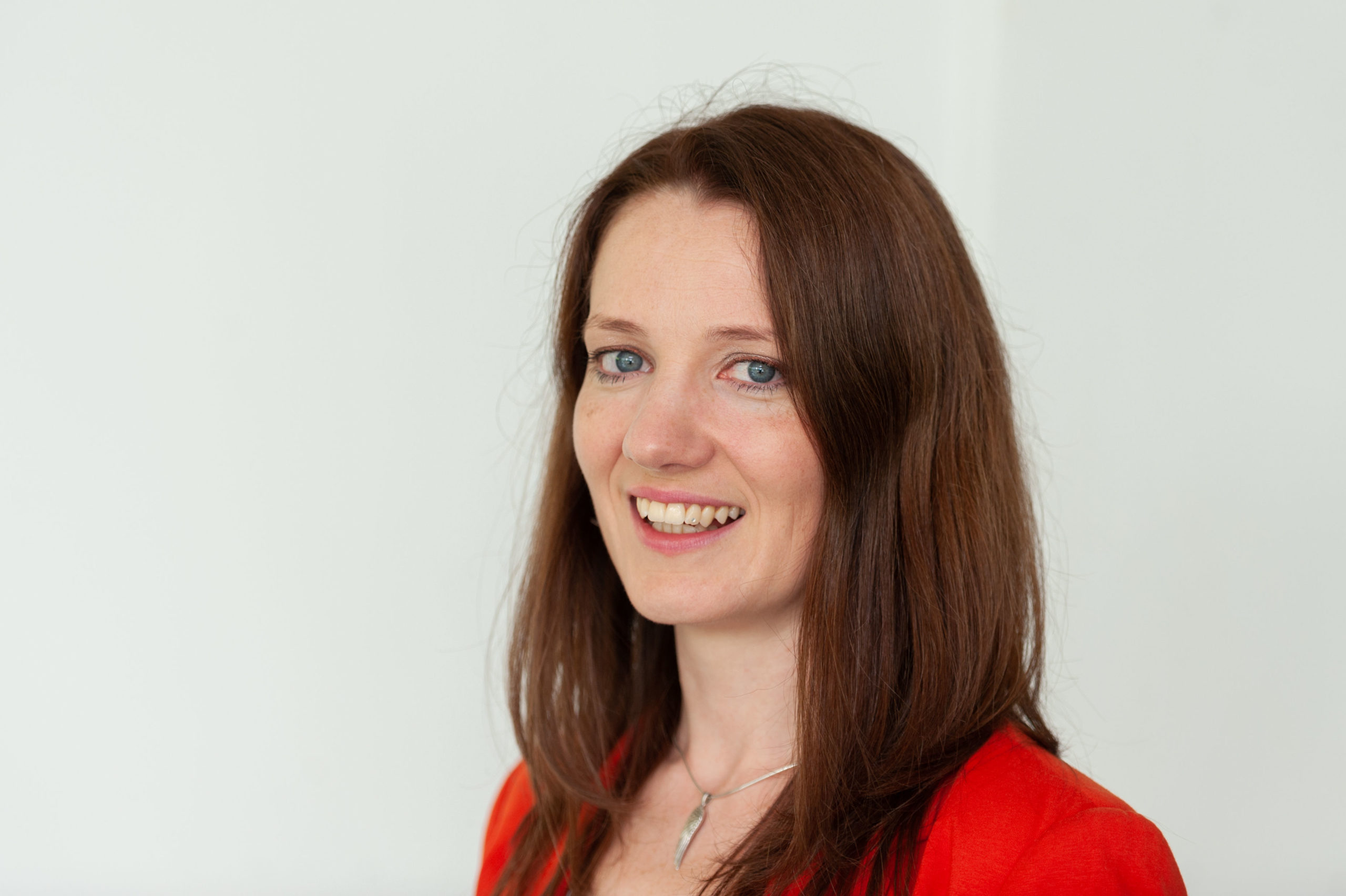
Olivia Merkel
Professor of Drug Delivery at LMU Munich
Prof. Dr. Olivia Merkel has been a Full Professor for Drug Delivery in the Department of Pharmacy at LMU Munich in Germany since October 2015.
She was the President of the Controlled Release Society German Local Chapter from 2020-2021 and has been the Chair of the CRS Focus Group Transdermal and Mucosal Delivery since 2020. Currently, her research on targeted RNA delivery as a treatment for cancer, inflammatory diseases and viral infections with a focus on pulmonary administration is funded by the European Research Council, Bavarian Research Foundation, Volkswagen Foundation, Daiichi-Sankyo Europe and AbbVie.
From 2015 until 2017, Prof. Dr. Olivia Merkel headed research labs both in Detroit and Munich. From 2011 until 2017, she was an Assistant Professor of Pharmaceutics and an Associate Faculty Member of Oncology at Wayne State University, Detroit, MI, USA, and a Scientific Member of the Molecular Therapeutics Program and Faculty in the Cancer Biology Graduate Program at Barbara Ann Karmanos Cancer Institute in Detroit, MI.
Prof. Dr. Olivia Merkel received several awards, including the PHOENIX Pharmacy Award, APV Research Award, Princess-Therese of Bavaria Award, an ERC Starting Grant, the Galenus Foundation Technology Award, the Young Investigator Award from the College of Pharmacy at Wayne State, the Young Pharmaceutical Investigator Award granted by the European Federation for Pharmaceutical Science, an invitation to the Lindau Nobel Laureates Meeting, the Carl-Wilhelm-Scheele-Award by the German Pharmaceutical Society (DPhG) and the award for the best PhD thesis at Philipps-Universität Marburg.
Prof. Merkel is the author of over 80 peer-reviewed articles, 15 book chapters and the editor of two books. She served as NIH reviewer from 2014-2015, is a standing international member of the Swiss National Science Foundation review board, Editorial Board member for the Journal of Controlled Release, the European Journal of Pharmaceutics and Biopharmaceutics, Molecular Pharmaceutics, Advanced NanoBiomed Research, Pharmaceutics, Acta Pharmaceutica Sinica B, a Special Issue Editor for the Journal of Controlled Release, an honorary member of the Académie des Alpilles, and a Scientific Advisory Board Member of Coriolis Pharma.
Professor Merkel is a trained pharmacist with a MS and PhD in Pharmaceutical Technology from Philipps-Universität Marburg.

Dan Peer
Vice President for Research and Development at Tel Aviv University
Dan Peer is a Professor and the Director of the Laboratory of Precision NanoMedicine at Tel Aviv University (TAU). He is also the Vice President for Research and Development at Tel Aviv University. From 2016 – 2020, he was the Chair of Tel Aviv University Cancer Biology Research Center that includes 17 affiliated hospitals and from 2017 – Present, he is the Founding and Managing Director of the SPARK program of Translational Medicine at TAU.
Prof. Peer’s work was among the first to demonstrate systemic delivery of RNA molecules using targeted nanocarriers to the immune system and he pioneered the use of RNA interference (RNAi) in immune cells. In addition, his lab was the first to show systemic, cell specific delivery of modified mRNA to cells to induce therapeutic gene expression of desired proteins within the immune system that has enormous implications in cancer, inflammation and infection diseases (e.g. COVID 19 mRNA vaccines). In addition, his lab was the first to show high efficiency, systemic, cell specific therapeutic genome editing in cancer.
Prof. Peer has more than 130 pending and granted patents. Some of them have been licensed to several pharmaceutical companies and one is currently under registration (as a new biological drug in Inflammatory Bowel Disease). In addition, based on his work, five spin-off companies were generated aiming to bring innovative personalized medicine into clinical practice.
Prof. Peer received more than 30 awards and honors and he serves on the scientific advisory board of more than 15 companies, and on the editorial board of more than 20 journals. He is also an Associate Editor of the Journal of Controlled Release. Prof. Peer is a past President of the Israeli Chapter of the Controlled Release Society, and a Past Member of the Board of the Israel Young Academy.
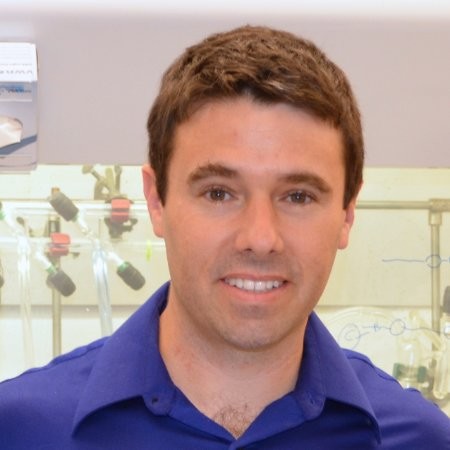
Avi Schröder
Associate Professor of Chemical Engineering at Technion – Israel Institute of Technology
Avi Schroeder is an Associate Professor of Chemical Engineering at the Technion – Israel Institute of Technology where he heads the Laboratory for Targeted Drug Delivery and Personalized Medicine Technologies (https://www.schroederlab.com/).
Dr. Schroeder conducted his Postdoctoral studies at the Massachusetts Institute of Technology, and his PhD jointly at the Hebrew and Ben Gurion Universities.
Avi is the recipient of more than 30 national and international awards, including named a KAVLI Fellow, the Intel Nanotechnology-, TEVA Pharmaceuticals-, and the Wolf Foundation Krill Awards. Avi is the author of more than 50 research papers inventor of 19 patents and co-founder of several startup companies based on these discoveries.
Schroeder is a member of Israel Young National Academy of Sciences, and the President of the Israel Institute of Chemical Engineers.
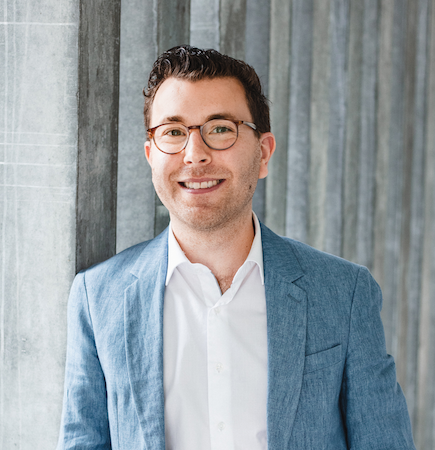
Raphael Sznitman
Professor at the University of Bern, ARTORG Center Director
Raphael Sznitman graduated in cognitive systems from the University of British Columbia (Canada) in 2007. He received his PhD in computer science from Johns Hopkins University (USA) in 2011. He was then a postdoctoral fellow at the École Polytechnique Fédérale de Lausanne (Switzerland) where he worked in the computer vision laboratory. In 2015, he joined the faculty of the ARTORG Center at the University of Bern (Switzerland), where he is now a full professor in AI for Medical Imaging and the director of the ARTORG Center for Biomedical Engineering. His research interests are primarily in computational vision, probabilistic methods and statistical learning, applied to applications in medical imaging.
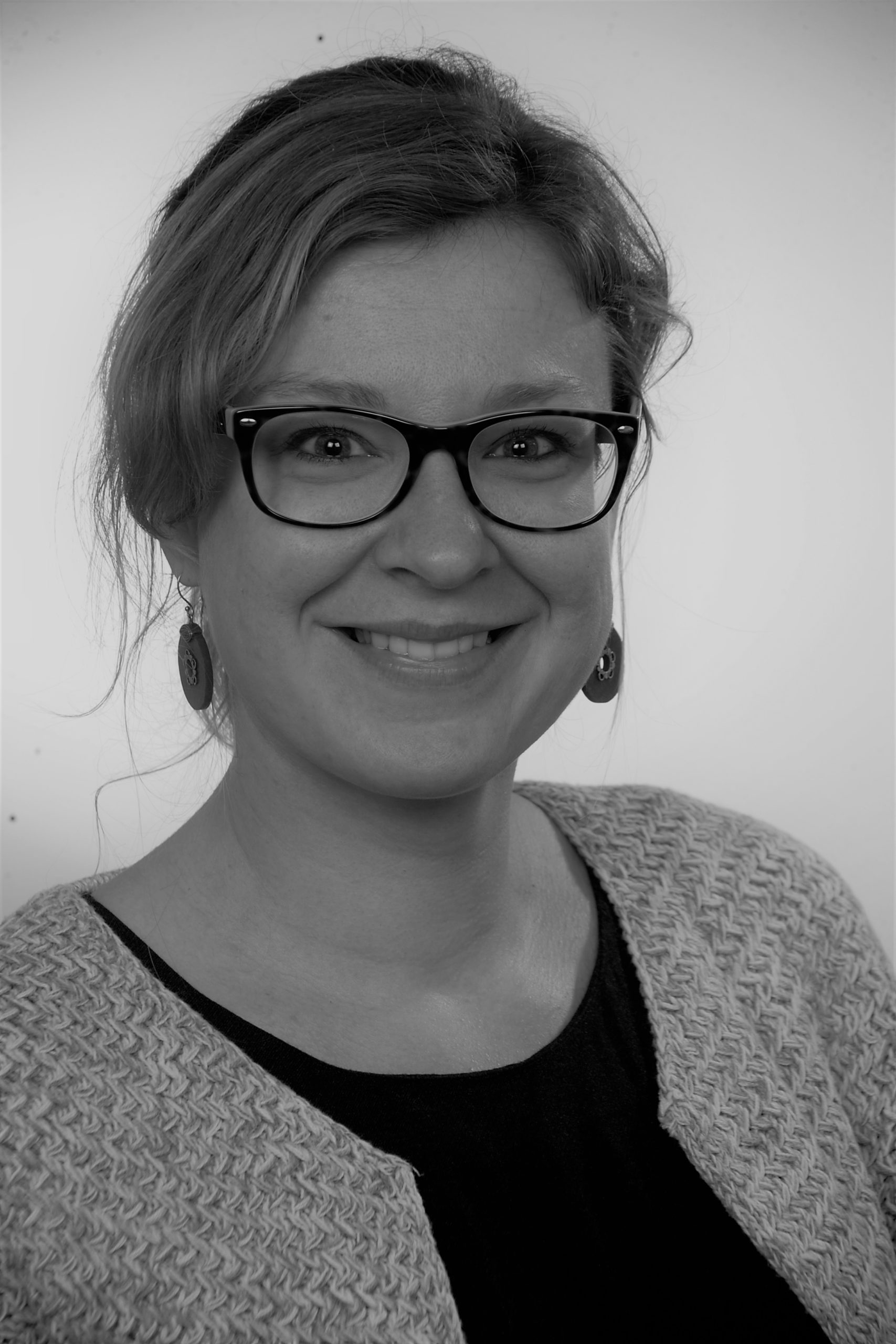
Kathleen Spring
Managing Director at Bioanalytik Münster
Kathleen Spring, PhD, managing director at Gesellschaft für Bioanalytik Münster e.V. in Münster, Germany holds a Diploma in Human Biology of the University of Greifswald (2007) and a PhD (2012) in Molecular Biology of the University of Montreal, Canada. Since 2017 she works for Bioanalytik Münster and is currently acting as coordinator for the H2020 project REFINE. Since 2017 she is also a member of ETPN. Bioanalytik Münster is a is a non-profit organisation and a regional network which was initiated in 2000 by local universities, research centres, enterprises, transfer institutions and investors to promote science, research and education in the field of (nano) bioanalytics in Münster region. We provide a central communication and information platform for scientists, entrepreneurs, investors and members of the public who are interested in bioanalytics and nanomedicine.
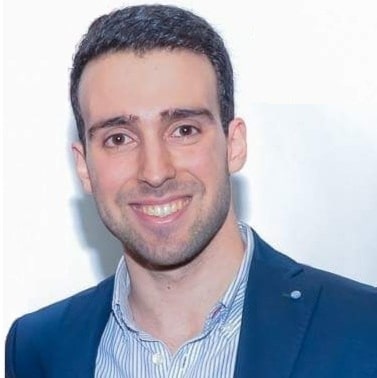
Luis Valente
CEO & co-founder at iLOF, Special Prize oof the HealthTech TAB at the HealthTech Award 2020.
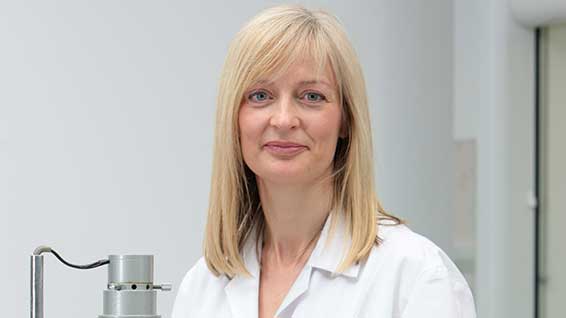
Vicky Stone
Director of Nanosafety Research Group at Heriot-Watt University
Vicki Stone is Professor of Toxicology in the Institute of Biological Chemistry, Biophysics and Bioengineering, Heriot-Watt University, Edinburgh, UK. Vicki is also an Honorary Principal Investigator at the Institute of Occupational Medicine and a Fellow of the Royal Society of Edinburgh. Together with Rob Aitken at the Institute of Occupational Medicine, Vicki has established SAFENANO, a facility to support the risk, exposure and hazard needs of nanotechnology industries. Vicki was also editor-in-chief of the journal Nanotoxicology (2005-2011).
Specialties: Particle, nanoparticle and pollution induced toxicology.
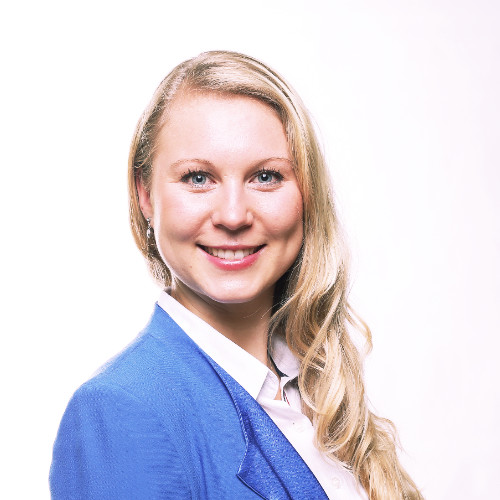
Therese studied Chemistry in Berlin and Oxford, and perused her
PhD in Molecular Life Sciences in Zurich. After having gained some
consulting experience with Syneos Health, she joined Novartis
Switzerland as Medical Advisor for Hematology and later became
Digital Manager for Oncology.
Therese is working on the intersection of medical affairs,
marketing, digital health and strategy. In her role, she successfully
implemented several innovative digital initiatives including apps,
augmented reality, and artificial intelligence in collaboration with
internal and external partners. Some of her projects were
externally awarded. Discovering the secrets of the universe and
hiking the Swiss mountains are her passion besides work.
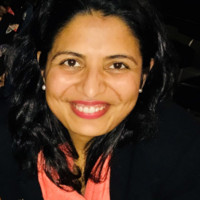
Isha Antani
Digital Solutions Director at Novartis
Isha Antani is currently shaping data/digital strategies at Novartis Oncology. She has over 10 years of experience of business strategy creation & execution across the biopharma industry – demonstrating leadership at the intersection of science, strategy, and innovation. She is passionate about “getting the right drug to the right patient” across the globe and is fascinated by how the data revolution is optimizing drug development and delivery. Alongside her love for healthcare, she is also passionate about the arts and is the co-founder of Ambassador Volunteer group at The Kunstmuseum Basel. She received her MBA from Kellogg School of Management, Northwestern, IL and her B.A. in Genetics and Art History from Rutgers College, NJ.
Register Now!
Don’t wait to register online for NME21! Would you be a young scientist, a project manager in Nanomedicine, an entrepreneur, a clinician, working in Pharma or MedTech industry, NME21 is a unique opportunity to meet new collaborators and share your success story!
